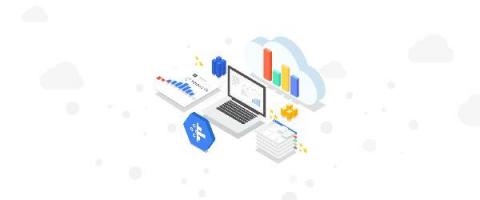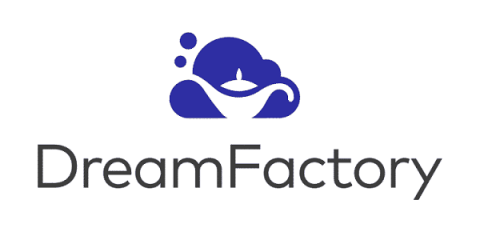Yellowfin 9.5 release highlights
With 9.5, we've focused on providing new capabilities and enhancements for everyone involved in the data to design workflow - analysts, developers, users - that streamline processes, introduce functional improvements and enrich the analytic experience for all. For the full list of updates, please read the release notes and check out our release highlights video below to see some of these new enhancements in action for yourself.











